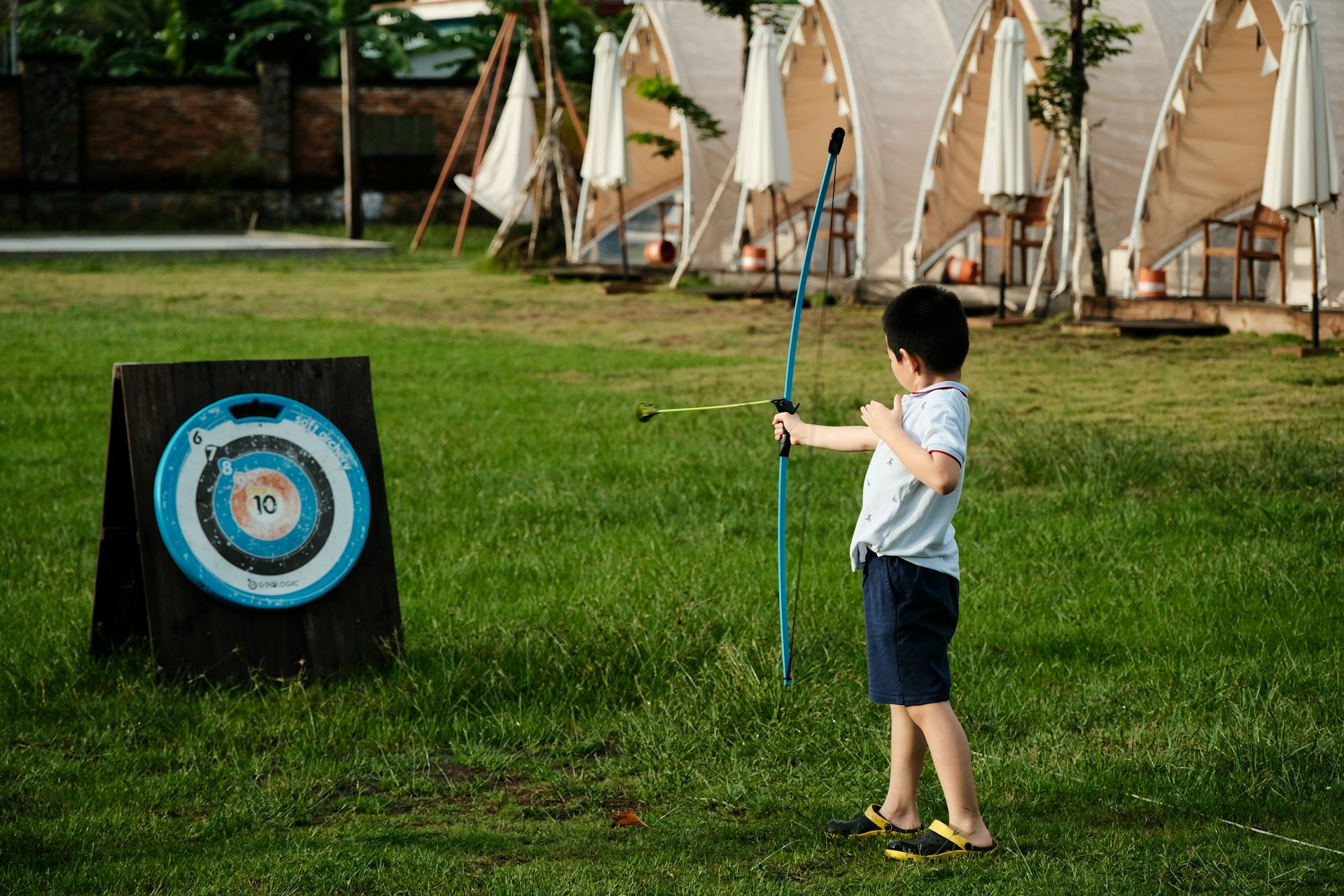As parents, we have an innate desire to protect and guide our children, but it is equally important to teach them responsibility and foster their independence. In today’s world, where the pace of life is fast and complexities are ever-increasing, helping our children develop these crucial life skills is essential for their growth and future success. By instilling responsibility and independence, we empower our children to navigate challenges with confidence and make decisions that will benefit them in the long run. Let’s explore some effective ways to help our kids develop these qualities.
Start Early with Age-Appropriate Tasks
One of the most effective ways to instill responsibility in children is by starting early. Assigning age-appropriate chores is a great place to begin. These tasks not only teach children about responsibility but also give them a sense of accomplishment and pride. Whether it’s making their beds, cleaning their rooms, or feeding the pets, these simple tasks contribute to their understanding of how their actions affect the household.
By encouraging children to complete these chores on time and to the best of their ability, we teach them the importance of reliability and accountability. The more they practice, the better they will become at managing their tasks and learning to take ownership of their actions. This consistent practice sets the foundation for responsibility in other areas of their lives, such as schoolwork, relationships, and eventually, their careers.
Allow Them to Make Decisions
Another powerful way to foster independence is by allowing children to make decisions within reasonable boundaries. While it can be tempting to make decisions for them, it’s essential for children to develop the ability to make their own choices. Encourage your child to pick their outfits, plan their schedules, or decide which extracurricular activities they want to pursue.
By giving them the freedom to make these choices, you help them learn to think critically about the options available to them. They will also begin to understand the consequences of their decisions, both good and bad. This process of decision-making and self-evaluation enhances their ability to make informed choices in the future and strengthens their independence.
For more tips on helping children develop responsibility and independence, check out this article: Nurturing Responsibility and Independence in Our Children: A Parent’s Perspective.
Encourage Problem-Solving and Critical Thinking
Another key aspect of fostering independence is teaching children to solve problems on their own. While it’s natural for parents to want to step in and solve their child’s issues, it’s important to encourage them to think through solutions independently. Instead of immediately offering a solution when they come to you with a problem, ask questions that guide them toward finding their own answers.
For example, if your child is struggling with homework, instead of giving them the answer, ask, “What have you already tried?” or “What do you think could help you solve this?” This approach helps them build critical thinking skills and boosts their confidence in their ability to handle challenges. It also reinforces the idea that they are capable and responsible for their own actions.
Set Clear Expectations and Boundaries
While fostering independence is important, it’s also crucial to set clear expectations and boundaries for your children. A child needs to understand that with greater freedom comes greater responsibility. Setting guidelines around their chores, schoolwork, and behavior helps them understand the importance of balance.
Explain to your children the reasons behind the rules and expectations, and ensure they understand the consequences of not meeting them. When they know what is expected of them, they are more likely to take ownership of their responsibilities and feel empowered to meet those expectations.
Allow for Mistakes and Growth
One of the most significant aspects of developing responsibility and independence is learning to navigate mistakes. Children will inevitably make mistakes, whether it’s forgetting a chore, making a poor decision, or not meeting a deadline. As parents, it’s essential to allow children to experience the consequences of their actions, as this is a crucial part of their growth.
Rather than rushing to fix things for them or assigning blame, use mistakes as learning opportunities. Help them reflect on what went wrong and discuss how they can handle similar situations differently in the future. This process teaches them resilience, accountability, and problem-solving skills, all of which are integral to becoming a responsible and independent individual.
Foster a Sense of Ownership and Pride
As your child takes on more responsibility, it’s important to praise their efforts and celebrate their successes. When a child feels proud of their accomplishments, they are more motivated to continue taking responsibility for their actions. Positive reinforcement can go a long way in helping them recognize the value of being responsible and independent.
Whether it’s a simple “well done” after completing a chore or a more significant reward for achieving a personal goal, acknowledging their efforts reinforces the idea that their actions matter. It also boosts their self-esteem, motivating them to take on even more responsibility as they grow.
Encourage Self-Care and Time Management
As children grow older, it’s essential to encourage them to take responsibility for their well-being, including self-care and time management. Teach them how to manage their time effectively by helping them prioritize tasks, set goals, and create schedules. This skill will serve them well as they balance school, extracurricular activities, and social commitments.
Encourage habits such as getting enough sleep, eating healthily, and exercising regularly. By taking responsibility for their health, children develop a sense of autonomy and begin to understand the importance of balancing their responsibilities.
Conclusion
Instilling responsibility and independence in children is one of the most important gifts parents can give them. By starting early with age-appropriate tasks, allowing children to make decisions, encouraging problem-solving, and setting clear expectations, we help them develop the life skills necessary for success. At the same time, it’s important to allow for mistakes and growth, celebrate accomplishments, and promote self-care and time management. Through these efforts, we can nurture a generation of confident, responsible, and independent individuals who are well-equipped to face the challenges of the future.
For more insights on fostering responsibility and independence in your children, visit Nurturing Responsibility and Independence in Our Children: A Parent’s Perspective.



